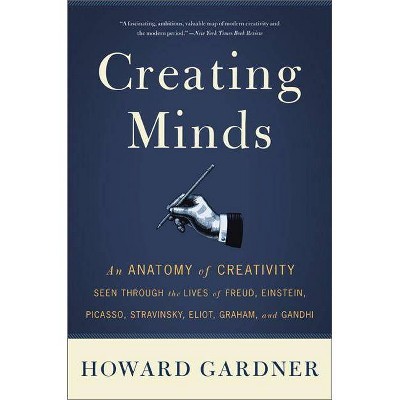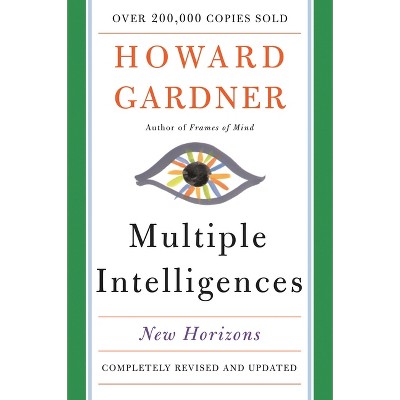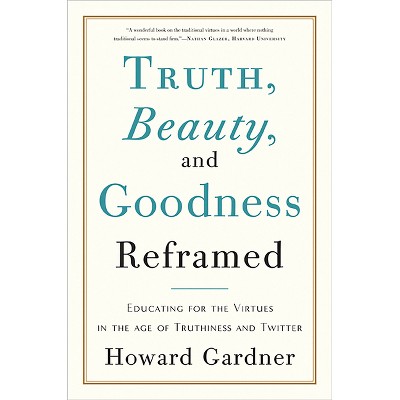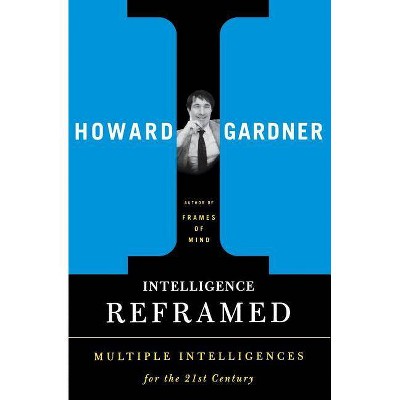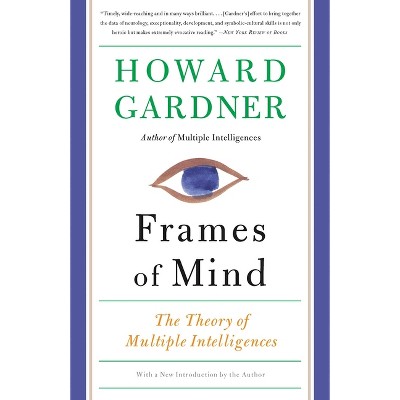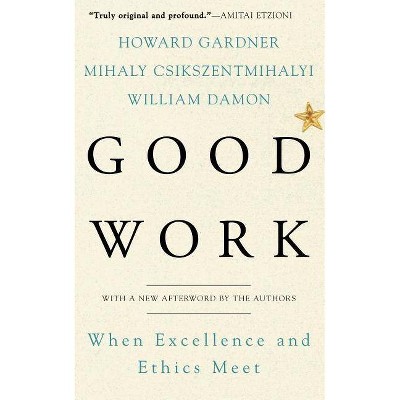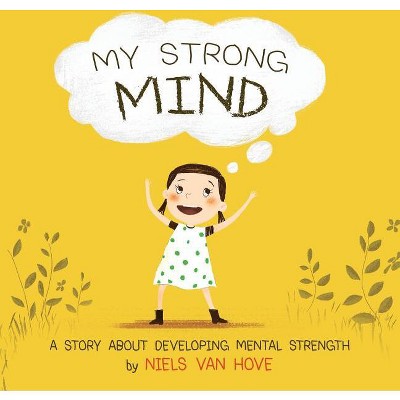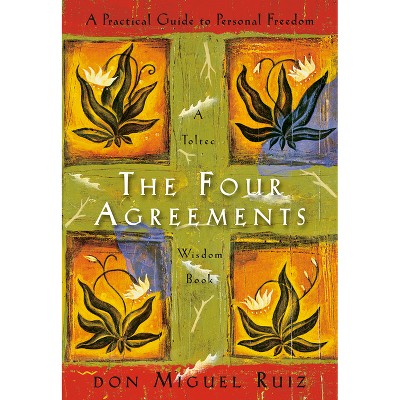
Extraordinary Minds - (Masterminds (Paperback)) by Howard Gardner (Paperback)
$19.99
In Stock

Eligible for registries and wish lists
About this item
Additional product information and recommendations
Frequently bought together

$9.02 - $11.90
MSRP $17.00 - $19.99
4.6 out of 5 stars with 568 ratings

$11.22 - $17.01
MSRP $20.00 - $30.00
4.7 out of 5 stars with 107 ratings
